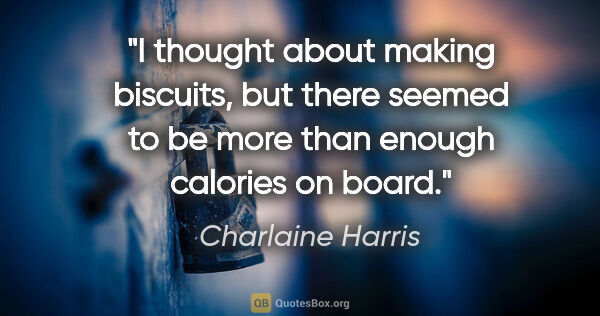More Quotes (page 298)

The Cop. She has a steel grid in front of her mind, and for anything in the outer world to reach her it first has to squeeze through the bars of that grid. Information has to be broken into small cubes; information and data packaged in two-dimensional squares are preferable to three-dimensional cubes however: they pass through the grid more quickly and once they reach the Cop’s mind take up less space there.
Russell Banks
So . . . middle school? Awkward. Having a hobby that's different from everyone else's? Awkward. Singing the national anthem on weekends instead of going to sleepovers? More awkward. Braces? Awkward. Gain a lot of weight before you hit the growth spurt? Awkward. Frizzy hair, don't embrace the curls yet? Awkward. Try to straighten it? Awkward! So many phases!
Taylor Swift
Thomas More: Will, I'd trust you with my life. But not your principles. You see, we speak of being anchored to our principles. But if the weather turns nasty you up with an anchor and let it down where there's less wind, and the fishing's better. And "Look," we say, "look, I'm anchored! To my principles!
Robert Bolt
Large sums passed through his hands. Nevertheless, nothing changed his way of life or added the slightest luxury to his simple life. Quite the contrary, As there is always more misery at the lower end than humanity at the top, everything was given away before it was received, like water on parched soil. No matter how much money came to him, he never had enough. And then he robbed himself.
Victor Hugo

Oh! certainly," cried his faithful assistant, "no one can be really esteemed accomplished who does not greatly surpass what is usually met with. A woman must have a thorough knowledge of music, singing, drawing, dancing, and the modern languages, to deserve the word; and besides all this, she must possess a certain something in her air and manner of walking, the tone of her voice, her address and expressions, or the word will be but half-deserved."All this she must possess," added Darcy, "and...
Jane Austen

There is nothing more terrible, I learned, than having to face the objects of a dead man. Things are inert: that have meaning only in function of the life that makes use of them. When that life ends, the things change, even though they remain the same. […] they say something to us, standing there not as objects but as remnants of thought, of consciousness, emblems of the solitude in which a man comes to make decisions about himself.
Paul Auster

